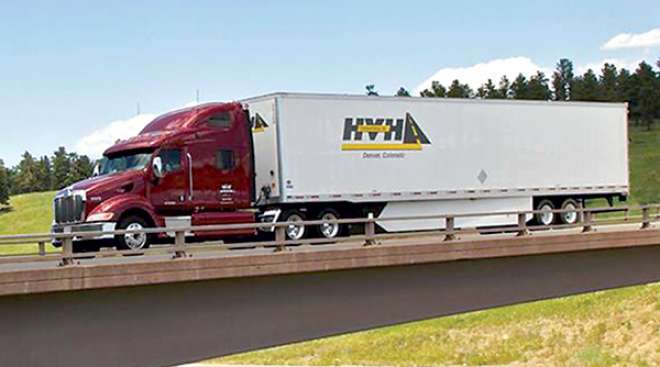The coronavirus pandemic is upending logistics and the trucking industry. With many government offices closed, authorities are relaxing some regulations, such as for CDL license renewals and medical certifications. Hours-of-service regulations are temporarily suspended for drivers transporting loads of essential supplies, such as medical devices, protective equipment, food, and petroleum.
SHIFTING GUIDELINES
Organizations are also following new guidelines on employee safety and hygiene practices, such as requiring employees to wear masks and gloves when on the job, conducting daily deep cleaning and sanitation of facilities, implementing virus-testing protocols, and offering paid sick leave and hazard pay. Constantly shifting circumstances make it challenging to ensure compliance and keep truck drivers apprised of current rules as they move across states and municipalities.
SHIFTING CONSUMER DEMANDS
At the same time, spikes and dips in demand are throwing delivery routes off kilter. Stepped-up delivery of in-demand products, such as cleaning supplies and paper goods, are requiring more resources, while deliveries to apparel retailers and restaurants have essentially dried up. To adjust, organizations are redesigning their networks in real time, while keeping a close eye on the safety and wellbeing of drivers.
How Can Drivers and Businesses Adapt?
Keeping up with this evolving situation requires strong, two-way, open communication between leadership and front-line drivers. Drivers can report on conditions they are experiencing, and leaders can relay that information, along with broader regulatory updates, to all front-line workers.
To demonstrate support, some companies have also stepped up efforts to provide additional assistance to drivers, like identifying available parking spots or setting up a medical assistance hotline if a driver feels ill. Ideas that would have taken months or years to adopt pre-pandemic may become part of the new normal post-pandemic. And that accelerated process could continue with risk and compliance leaders taking their seats in the boardroom—a trend that’s likely to become permanent.
Regulatory compliance will remain a moving target as some states begin to open their economies, while others remain firmly closed. Working together will help you take it all in stride—no matter how long this crisis lasts.
By Michele Sperle, Director, Riskonnect
Source: https://www.inboundlogistics.com
CUT COTS OF THE FLEET WITH OUR AUDIT PROGRAM
The audit is a key tool to know the overall status and provide the analysis, the assessment, the advice, the suggestions and the actions to take in order to cut costs and increase the efficiency and efficacy of the fleet. We propose the following fleet management audit.




